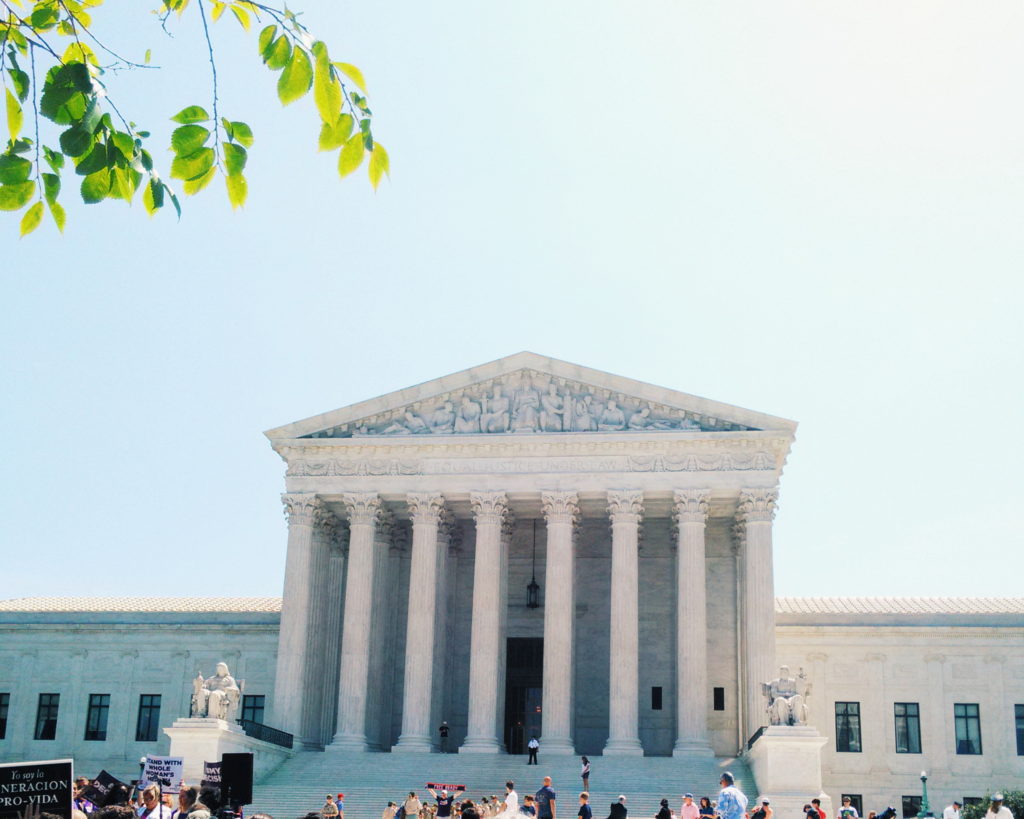Deconstructing Brett Kavanaugh

While reporters, activists and Senate staffers dissect Supreme Court nominee Brett Kavanaugh’s life and letters, we searched our website for him.
It turns out that although he taught at Harvard, Yale and Georgetown, we have never written about him. That’s a good sign: We usually only get to cover the crazies—a category that seems to take in most of academe.
Somewhat surprisingly, though, there is no page on him on Rate My Professors. When I attempted to find one I was informed by rmp, on July 10, 2018, that I could be the first to rate him.
One of his former students was all over Fox News on Monday raving about his old mentor. The young man dropped an interesting nugget: Kavanaugh would start his courses by insisting that his students read the U. S. Constitution.
That’s another good sign and certainly sets him apart in academe.
Not too surprisingly, there is a twitter page called #Stop Brett Kavanaugh. Active on it is one David Johns, a former Obama Administration appointee.
More surprisingly, a search of professors on Brett Kavanaugh on Twitter the day after President Trump announced Kavanaugh’s nomination yields some rave reviews from some surprising places, like Yale. This too may be a good sign.
Or it may cause conservatives to ask, what’s wrong with him? A look at some of his opinions while on the court may reassure them:
• Politico reported that he “argued in a 2015 dissent that Obamacare’s mandate for contraception coverage infringed on the rights of religious organizations, a stance some religious liberty groups have hailed.”
• He dissented when the DC Circuit Court of Appeals voted to give an undocumented immigrant an abortion, averring “The majority’s decision represents a radical extension of the Supreme Court’s abortion jurisprudence.”
• In another dissent, he took issue with the so-called “specialized knowledge” loophole that employers use to get around U. S. immigration laws. He disputed the notion that “the Brazilian chefs have specialized knowledge because it takes significant time for American chefs to learn how to cook Brazilian steaks” and noted that in that particular case, “Fogo de Chao undoubtedly would save money if it could simply import experienced Brazilian chefs rather than hiring and training only American chefs to cook at its steakhouses here in the United States. And at bottom, that seems to be at least part of what is going on in this case — namely, Fogo’s desire to cut labor costs masquerading as specialized knowledge.”




